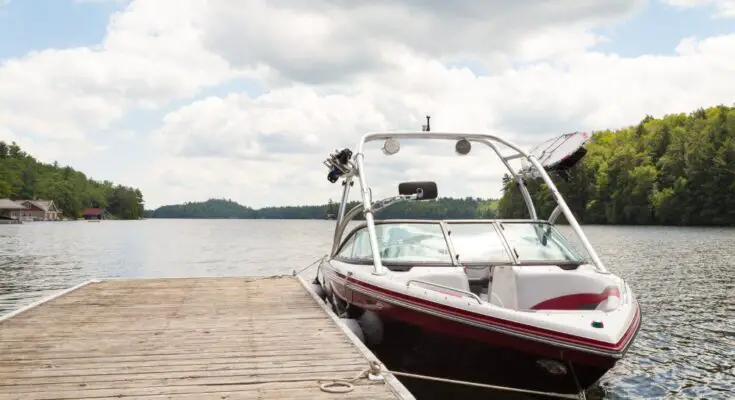If you’re a boat owner, choosing the right dock is one of your most important decisions. The dock isn’t just a place to park your boat; it’s an integral part of your waterfront lifestyle and investment. Whether you’re planning to host gatherings, need a safe spot for your vessel, or want a convenient space, the right dock can meet your needs. These top factors will help you choose the right boat dock.
Dock Material
The material of your dock significantly impacts its durability, aesthetics, and maintenance requirements. Wooden docks have a natural, classic appeal and are often less expensive upfront, but they require regular maintenance to prevent rot, warping, and damage from the elements. Aluminum docks are a lightweight yet sturdy alternative, offering corrosion resistance and a lower maintenance schedule, making them perfect for long-term use.
Composite docks combine the best of both worlds, offering the look of wood with resistance to wear and tear. While typically more expensive, they provide excellent durability for boat owners seeking minimal upkeep. Take time to weigh the initial investment against the long-term maintenance demands of each option.
Dock Size and Configuration
Another critical consideration is the size and configuration of your dock. Think about the size of your boat, the number of vessels you plan on docking, and how you intend to use the space. Smaller boats may only need a standard-sized dock, while larger vessels might require more room or accommodations.
This factor also applies to the layout. A straight dock might work for basic needs, but custom layouts like T-shapes or L-shapes may better suit those looking for more functional space for storage, entertaining, or additional crafts. Carefully assessing your needs will help you identify the right configuration from the outset.
Water Conditions
Your surrounding water conditions will heavily influence your dock choice. Stability may not be a huge concern if your property is on a calm lake or river. However, if you’re dealing with rougher or fluctuating waters, you’ll need a dock that can withstand shifting conditions.
For some, this means the choice between fixed and floating boat docks. Fixed docks are more stable and ideal for areas with consistent water levels but are at higher risk of damage in turbulent conditions. Floating docks, by contrast, adapt to changing water levels and are an excellent option for areas with tides or inconsistent weather.
Budget
Budget is always a key factor, but it’s important to prioritize quality and functionality in the long run. While going for the cheapest option can be tempting, lower upfront costs might mean higher maintenance expenses later.
Set a budget that includes the dock’s purchase price, ongoing maintenance, and any potential upgrades or customizations. Comparing materials, configurations, and features side by side will help you make an informed financial choice that provides both value and longevity.
Local Regulations and Permits
Don’t overlook the importance of adhering to local regulations and obtaining the proper permits. These rules are in place to protect waterways, ecosystems, and other property owners, but they can vary depending on your location. Research your area’s requirements before committing to a specific dock type or size to avoid fines or complications.
Some municipalities have strict guidelines regarding dock placement, length, and materials. Consulting with local authorities or a professional dock installer can save you time and future headaches.
Evaluating these factors will set you up with a boat dock that meets your needs and lasts for years to come. From selecting the right material to complying with local regulations, every decision creates a functional and reliable addition to your waterfront. Start planning your perfect dock today and improve your boating experience.

